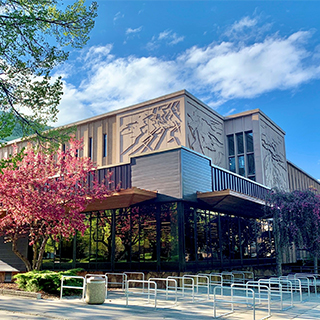Library Terms Glossary
In this glossary, the instruction librarians have compiled a list of essential library terms, organized alphabetically. Many of these definitions were adapted from Joan M. Reitz's Online Dictionary for Library and Information Science. Want to suggest a term to add to the glossary? Email the Web Services Librarian at mansfield.webservices@mso.umt.edu.
